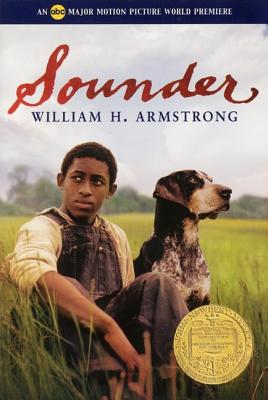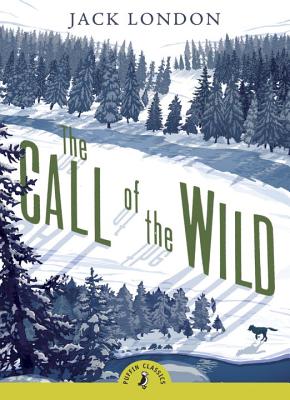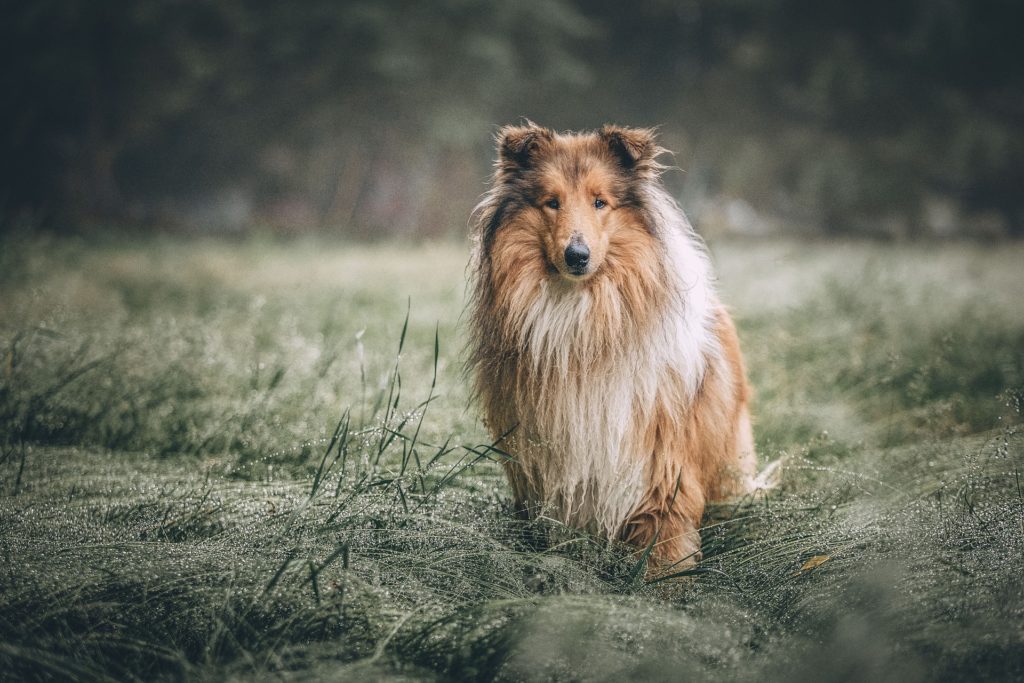Most people don’t want to make themselves cry. However, the act of grieving over the loss of a beloved pet is an ancient and universal human experience.
These three classic novels explore the unique relationships between people and dogs and address the unfortunate inevitabilities of life – especially the inevitability of death.
Although these books are sad, they are also uplifting, heartfelt, and inspiring. Life is too short for people and pets. But having the opportunity to live, love, and be loved is the greatest gift of all. These three novels remind us to always be grateful for the dogs in our lives.
Enjoy.

Old Yeller by Fred Gipson.
“What I mean is, things like that happen. They may seem might cruel and unfair, but that’s how life is a part of the time. But that isn’t the only way life is. A part of the time, it’s mighty good. And a man can’t afford to waste all the good part, worrying about the bad parts. That makes it all bad.” ― Fred Gipson
“We called him Old Yeller. The name had a sort of double meaning. One part meant that his short hair was a dingy yellow, a color that we called ‘yeller’ in those days. The other meant that when he opened his head, the sound he let out came closer to being a yell than a bark. I remember like yesterday how he strayed in out of nowhere to our log cabin on Birdsong Creek. He made me so mad at first that I wanted to kill him. Then, later, when I had to kill him, it was like having to shoot some of my own folks.” ― Fred Gipson
“I remember like yesterday how he strayed in out of nowhere to our log cabin on Birdsong Creek. He made me so mad at first that I wanted to kill him. Then, later, when I had to kill him, it was like having to shoot some of my own folks.”
― Fred Gipson

Sounder by Willam H. Armstrong
“One day might be different from another, but there ain’t much difference when they’re put together.” ― William H. Armstron
“I have often heard it said that cowardice is the mother of cruelty, and I have found by experience that malicious and inhuman animosity and fierceness are usually accompanied by weakness. Wolves and filthy bears, and all the baser beasts, fall upon the dying.”
― William H. Armstron
“He had read in it: “Only the unwise think that what has changed is dead.” He had asked the teacher what it meant, and the teacher had said that if a flower blooms once, it goes on blooming somewhere forever. It blooms on for whoever has seen it blooming.”
― William H. Armstron

The Call of the Wild by Jack London
“He was mastered by the sheer surging of life, the tidal wave of being, the perfect joy of each separate muscle, joint, and sinew in that it was everything that was not death, that it was aglow and rampant, expressing itself in movement, flying exultantly under the stars.” ― Jack London
“There is an ecstasy that marks the summit of life, and beyond which life cannot rise. And such is the paradox of living, this ecstasy comes when one is most alive, and it comes as a complete forgetfulness that one is alive…
This ecstasy, this forgetfulness of living, comes to the artist, caught up and out of himself in a sheet of flame; it comes to the soldier, war-mad in a stricken field and refusing quarter; and it came to Buck, leading the pack, sounding the old wolf-cry, straining after the food that was alive and that fled swiftly before him through the moonlight.” ― Jack London
“But especially he loved to run in the dim twilight of the summer midnights, listening to the subdued and sleepy murmurs of the forest, reading signs and sounds as a man may read a book, and seeking for the mysterious something that called — called, waking or sleeping, at all times, for him to come.” ― Jack London
